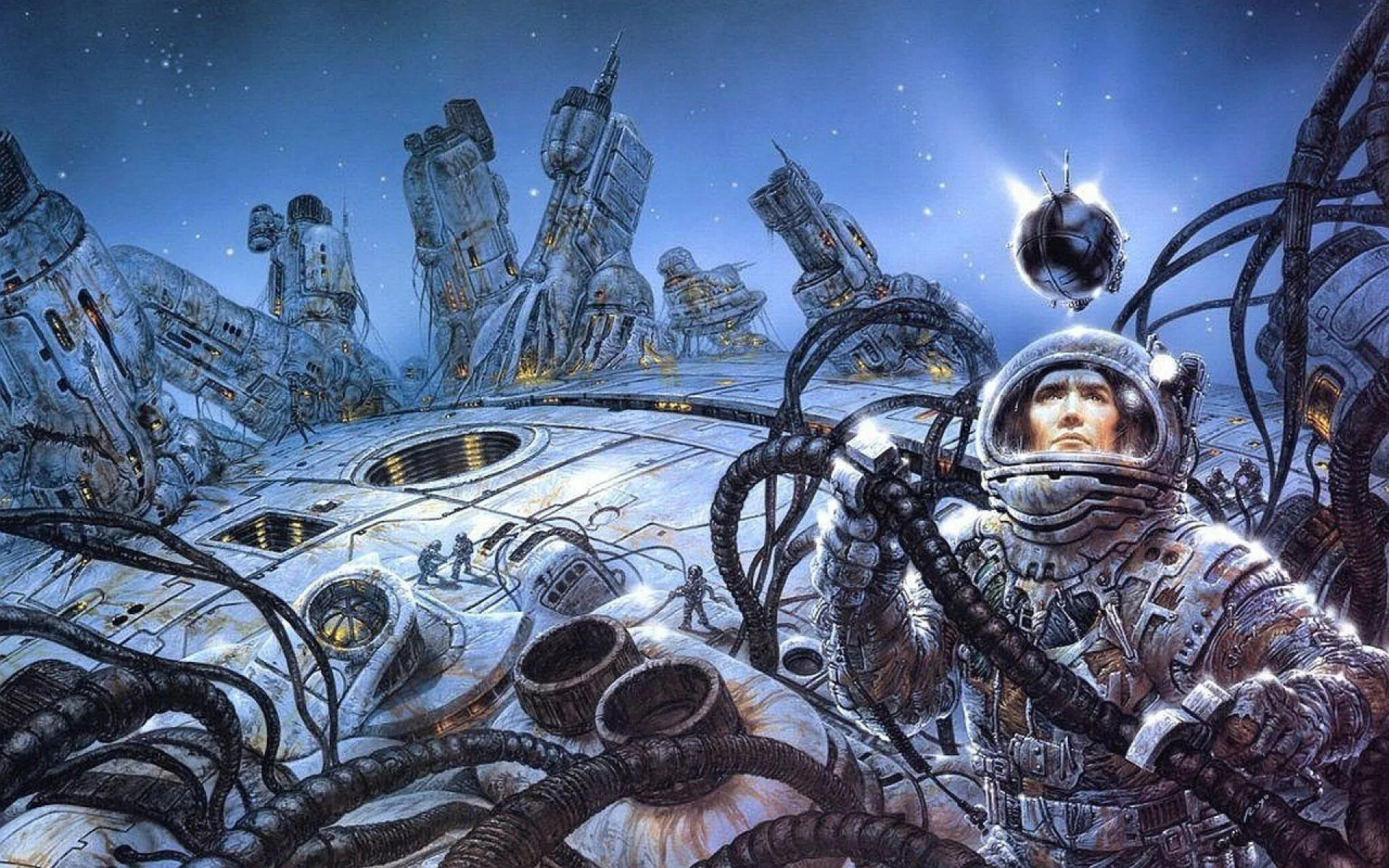Science fiction adventures have captivated audiences for centuries, offering glimpses into imaginary worlds filled with wonder, danger, and limitless possibilities. From the classic tales of Jules Verne to the futuristic visions of Isaac Asimov, the genre has continuously evolved, reflecting and influencing societal attitudes towards science, technology, and the unknown.
Introduction to Science Fiction Adventures
At its core, science fiction explores the intersection of science, technology, and human imagination. It transports readers to distant galaxies, alternate realities, and speculative futures, inviting them to ponder the complexities of existence and the potential of human achievement. Science fiction adventures, in particular, focus on thrilling escapades, daring explorations, and epic quests set against the backdrop of fantastical worlds and futuristic landscapes.
Evolution of Science Fiction Genre
The roots of science fiction can be traced back to ancient myths and folklore, where tales of gods, monsters, and otherworldly beings ignited the imaginations of early civilizations. However, it wasn’t until the 19th century that the genre began to take shape, with authors like H.G. Wells and Mary Shelley paving the way for a new era of speculative fiction.
Themes and Elements in Science Fiction Adventures
Science fiction adventures often delve into a wide range of themes and concepts, including time travel, artificial intelligence, extraterrestrial life, and the exploration of space. These narratives explore the potential consequences of scientific discovery and technological advancement, raising thought-provoking questions about the nature of humanity and the universe.
Impact of Science Fiction on Society
Throughout history, science fiction has played a significant role in shaping cultural attitudes and beliefs. From inspiring real-world inventions to challenging societal norms, the genre has sparked countless debates and discussions about the ethical, moral, and philosophical implications of scientific progress.
Revolutions in Science Fiction:
In recent years, the landscape of science fiction has undergone significant changes, driven by shifts in cultural attitudes, technological advancements, and evolving storytelling techniques. Writers and filmmakers are exploring new narrative styles, perspectives, and themes, pushing the boundaries of the genre and redefining what it means to be a science fiction adventure.
Notable Authors and Their Contributions
From visionary pioneers like Arthur C. Clarke and Philip K. Dick to contemporary masters like Octavia Butler and Neal Stephenson, science fiction has been shaped by a diverse array of voices and perspectives. These authors have challenged conventions, shattered expectations, and inspired generations of readers with their groundbreaking works.
Alan Zimm: A Pioneer in Science Fiction Adventures
Among the luminaries of science fiction literature stands Alan Zimm, whose visionary tales of adventure and exploration have captivated audiences around the world. With his bold imagination and keen insight, Zimm has pushed the boundaries of the genre, challenging readers to rethink their assumptions about the universe and their place within it.
Exploring the Boundaries of Imagination
Science fiction adventures continue to push the limits of human imagination, offering readers a glimpse into worlds beyond their wildest dreams. From the depths of the ocean to the far reaches of space, these stories inspire wonder, curiosity, and a sense of awe at the vastness of the cosmos.
The Role of Science Fiction Adventures in Education
In addition to entertaining audiences, science fiction adventures have also found a place in classrooms and educational settings, where they are used to stimulate curiosity, encourage critical thinking, and foster a deeper appreciation for science and technology. By exploring hypothetical scenarios and speculative futures, students are challenged to think creatively and explore new ideas.
Future Prospects of Science Fiction Adventures
As we look to the future, the possibilities for science fiction adventures are endless. With advances in technology, changes in society, and the ever-expanding boundaries of human knowledge, the genre is poised to continue evolving, inspiring generations of readers and writers for years to come.
Cultural Significance of Science Fiction Adventures
Science fiction adventures have become an integral part of global culture, influencing everything from literature and film to fashion and design. Through their exploration of diverse worlds and imaginative concepts, these stories reflect and shape our collective identity, offering insights into the human condition and the potential for a better tomorrow.
Exploring Subgenres in Science Fiction Adventures
Within the vast landscape of science fiction, there are numerous subgenres, each with its own unique characteristics and themes. From the epic space operas of Star Wars to the gritty cyberpunk landscapes of Blade Runner, these subgenres offer readers a diverse array of storytelling experiences, catering to a wide range of tastes and interests.
Adaptation of Science Fiction Adventures in Other Media
In addition to literature, science fiction adventures have also found success in other forms of media, including film, television, video games, and graphic novels. These adaptations allow audiences to experience their favorite stories in new and exciting ways, immersing themselves in richly imagined
Critiques and Controversies Surrounding Science Fiction Adventures
Despite its popularity, science fiction adventures have not been immune to criticism and controversy. From accusations of promoting unrealistic expectations to concerns about the lack of diversity and representation, the genre has faced its fair share of scrutiny. However, these critiques have also sparked important conversations about the role of science fiction in shaping cultural attitudes and beliefs, leading to greater awareness and inclusivity within the genre.
Conclusion:
In conclusion, Alan Zimm hold a special place in the hearts and minds of readers around the world. From their humble beginnings as tales of exploration and discovery to their modern-day status as cultural phenomena, these stories continue to inspire and entertain audiences of all ages. As we look to the future, it is clear that the legacy of science fiction adventures will endure, shaping our imaginations and challenging our perceptions of what is possible.





